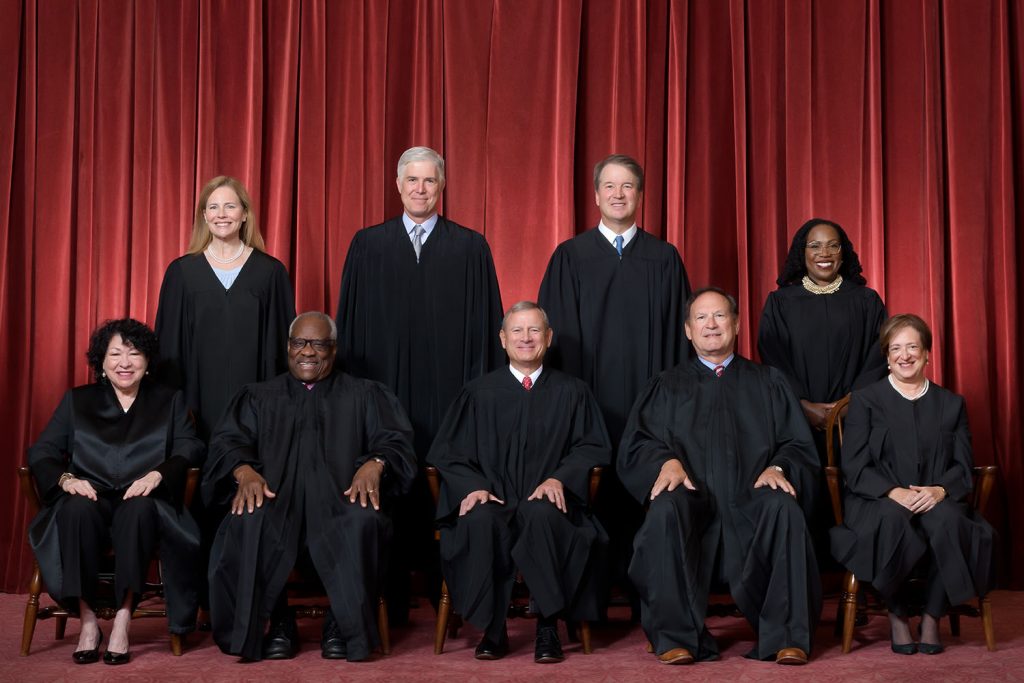Supreme Court Debates Future of Chevron Doctrine, Impacting Federal Government’s Functionality

The U.S. Supreme Court’s consideration of overturning the Chevron v. Natural Resources Defense Council case could significantly impact the federal government’s ability to function effectively. This 40-year-old ruling, crucial in legal circles, allows courts to defer to federal agencies’ interpretations of laws in carrying out their duties, as explained in The Atlantic.
The conservative faction of the Supreme Court is challenging Chevron, arguing that judicial rather than agency interpretation of laws is more appropriate. Overruling or limiting Chevron could introduce uncertainty in agency decision-making, affecting their ability to enforce and implement laws efficiently.
Chevron’s importance lies in its facilitation of executive branch flexibility, protecting agencies from excessive judicial scrutiny. This flexibility is crucial, as agencies often handle complex policy decisions that involve interpreting vague legislative mandates. For instance, determining “practicable” safety standards for vehicles or evaluating what constitutes “substantial evidence” for drug effectiveness falls under agency purview due to Congress’s broad delegations.
Eliminating Chevron could lead to increased agency hesitation and overcautiousness, fearing unpredictable court decisions. Agencies might divert their focus to less controversial tasks or overemphasize legal analysis at the expense of policy expertise, leading to inefficiency and ineffectiveness.
Justice Neil Gorsuch leads the opposition to Chevron, advocating for judicial supremacy in legal interpretation. However, distinguishing between policy and legal interpretation is not always clear-cut, as highlighted by Justice Ketanji Brown Jackson during the oral arguments. The challenge lies in determining when agency decisions are legal interpretations subject to court review and when they are policy choices within the agency’s discretion.
The potential fallout from abandoning Chevron raises concerns about the government’s ability to respond to major challenges like climate change, international relations, and domestic issues effectively. While agencies are not flawless, introducing legal uncertainty is unlikely to improve government performance. Instead, it could result in a more cautious and less responsive administrative state, ill-equipped to tackle the 21st century’s demands.

